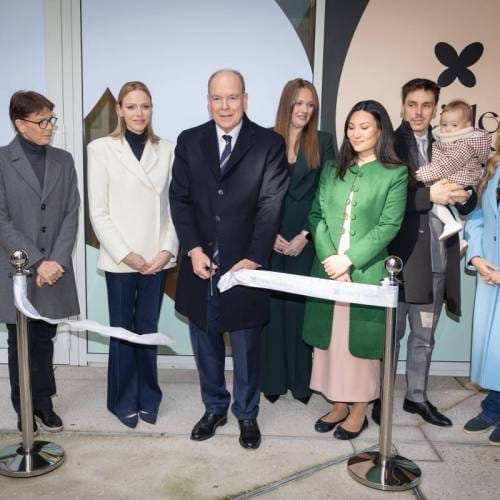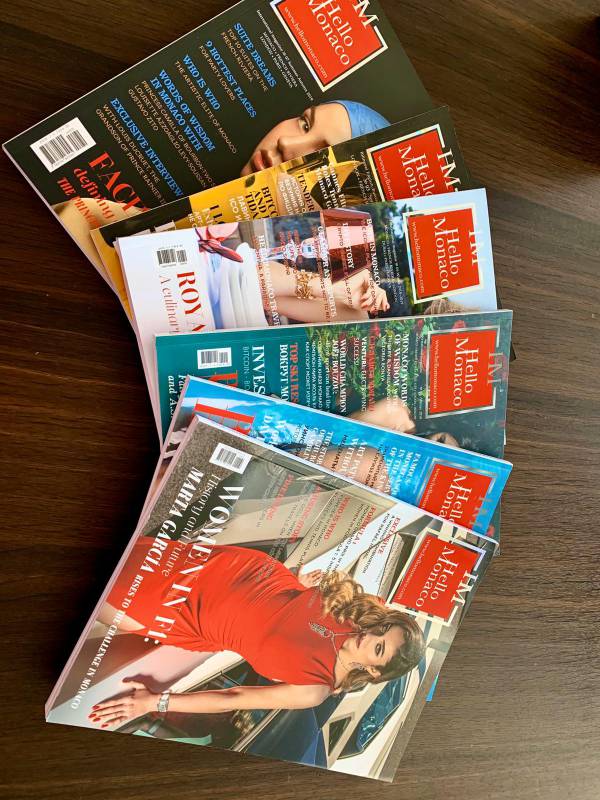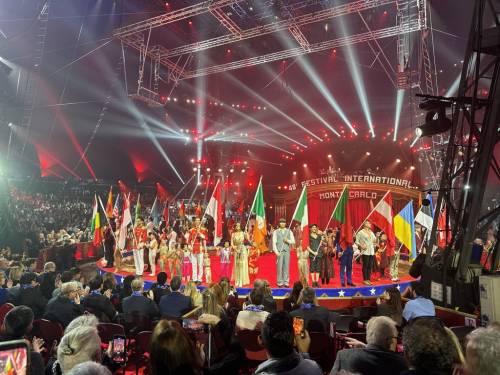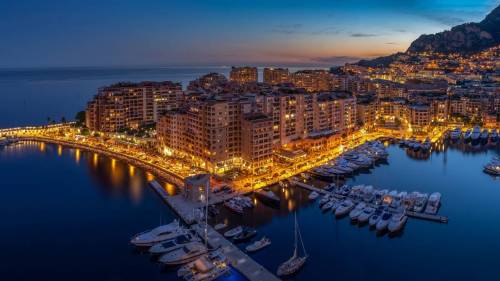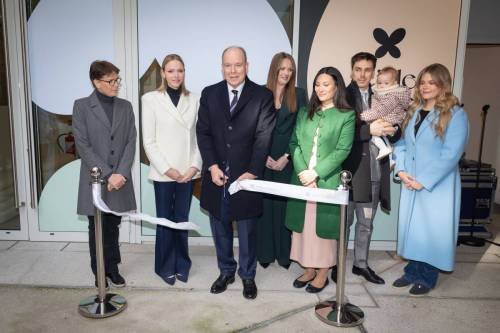Starting this October, Monaco will revive a practice that feels almost genteel in the digital age, but with a distinctly modern twist. The government of the Principality is preparing to launch Médecins de garde Monaco, a nighttime, at-home medical on-call service designed to bring primary care to residents’ doorsteps between 7 p.m. and 7 a.m., every day of the year.
At a time when healthcare systems across Europe are strained, Monaco is making a bold, citizen-focused move: ensuring that basic medical needs don’t have to wait until morning, nor send people to crowded emergency rooms unnecessarily.
Healthcare That Doesn’t Clock Out
As things stand today, medical options in Monaco are more limited after 10 p.m. Whether you need emergency care or not, your only option is a trip to the CHPG’s accident and emergency unit, a journey that can be difficult for the elderly, time-consuming for families, and sometimes expensive when medical transport is required.
Médecins de garde Monaco seeks to bridge this nighttime healthcare gap by offering in-home medical visits throughout the night. The aim? To reduce unnecessary ER visits, treat minor but urgent cases promptly, and let Monaco residents rest easy knowing help is a phone call away.
How It Works: One Call, One Doctor, One Visit
The system is designed to be simple and efficient. Dial 116 117, a standardized medical non-emergency number already used in France. The call will first be screened by Monaco’s emergency dispatch center (fire brigade), who assess urgency and redirect the case to the on-call doctor. In many cases, doctors will be able to travel to the patient’s home provide care, and determine whether further treatment is needed.
Calls are traceable and monitored for system efficiency, quality control, follow-up, and system improvement, aligning with best practices in healthcare traceability and accountability.
Who Are the Doctors?
The nighttime roster will be staffed by physicians already licensed to practice in Monaco. To ensure continuity of service year-round, especially during vacation periods, additional doctors, such as part-time clinicians or locums, may be brought in under special, temporary authorizations from Monaco’s health authority (DASA).
Each doctor participating in the system will have a formal contract with Médecins de garde Monaco, committing them to pricing transparency and alignment with national social security rules. This means no surprise bills, any extra charges are strictly capped at twice the regulated rate, and doctors receive an on-call allowance from Monaco’s public health insurance.
Support and Sustainability
To ensure the service runs efficiently, Médecins de garde Monaco will operate as a non-profit organization. Each doctor will be provided with a dedicated on-call room, parking space and an electric vehicle for home visits, aligning with Monaco’s broader environmental goals.
This isn’t just healthcare. It’s sustainable, mobile, patient-centred healthcare.
Why Monaco Is Ahead of the Curve
While nighttime GP services are common in countries like the Netherlands, Germany, and parts of France, they’re typically centralized in urgent care clinics or require patients to travel. Monaco’s model, bringing the doctor directly to your home, combines high accessibility with high trust, especially in a city-state known for its aging population and dense urban structure.
As Health Minister Christophe Robino noted, this system addresses long-standing public concerns: how to get prompt, safe, and reliable care in the quiet hours of the night without burdening emergency rooms or sacrificing sleep for an outpatient-level issue.
When Will It Begin?
The government has set its sights on an October 2025 launch, with the system available every night, including weekends and holidays, from 7 p.m. to 7 a.m. Daytime, weekend, and holiday care will continue under the existing local practice-based system.
The Bigger Picture
The launch of Médecins de garde Monaco fits into a wider European conversation around how to manage nighttime healthcare in a way that is both cost-effective and humane, as populations age and ERs grow increasingly overburdened.
If successful, it could become a template for smarter, more responsive urban healthcare, offering not just convenience, but dignity and calm in times of distress.

